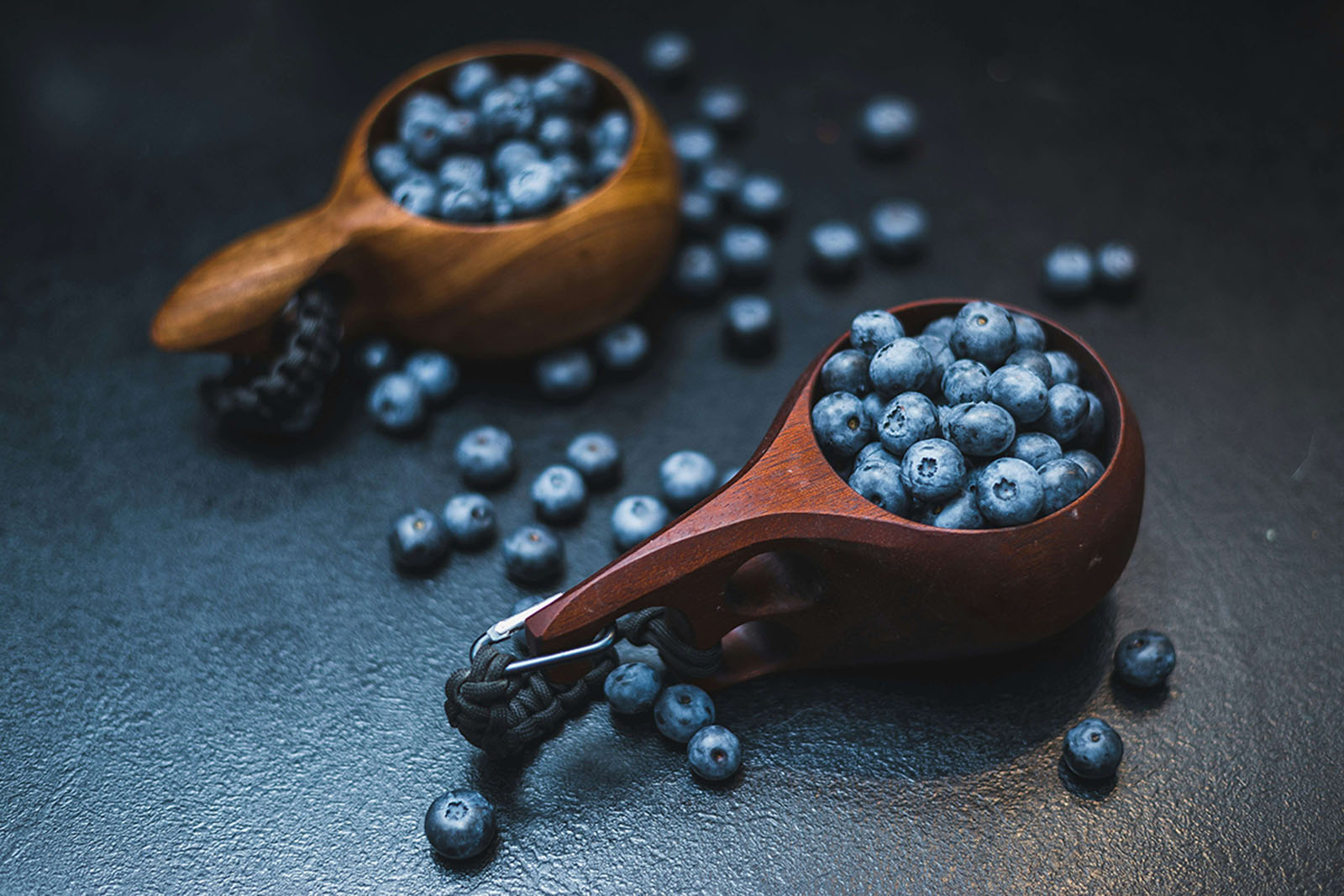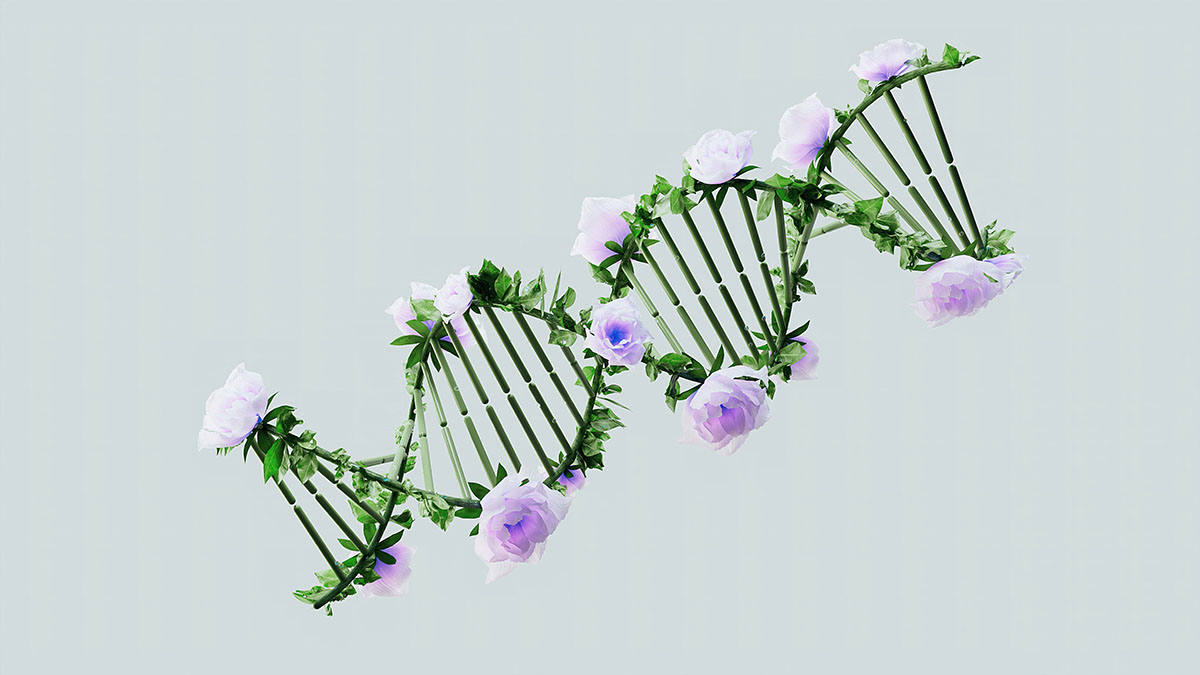It’s Veganuary, a huge celebration of being vegan. You might have been wondering whether you could go vegan and whether it will help you get healthier, lose weight and (if the vegan lobbyists are anything to go by) improve any one of a number of health markers.
And, while it’s true that some studies show that a vegan diet can do wonders for your health, it really takes something to make sure that a vegan diet is a good and balanced diet.
Just to be clear (and I know you probably already know this), a vegan diet is a stricter version of a vegetarian diet. On top of not eating any meat, fish or seafood – i.e. dead animals, a vegan diet also cuts out any foodstuffs made from animal sources (some of which are the most nutrient-dense foods you can eat) – so, not just cutting out chicken meat, but also cutting out eggs. In the same vein, not just cutting out beef but also milk, yoghurt, butter and cream. And that means honey, too, as well as certain wines and desserts (gelatin).
Moving to a plant-based (or more plant-based) diet can be rewarding for your health, but only if you do it properly. Here are the 10 most common misconceptions some vegans have.
1. DON’T BELIEVE THE HYPE
There have been various well-publicised assertions over the years (most notably the book ‘The China Study’ and, more recently, the films ‘What The Health’ and ‘The Game Changers’) that claimed eating a vegan diet was the healthiest thing you could do. I won’t go into all the inadequacies of the argument but suffice to say just because food is labelled ‘vegan’ doesn’t mean it is healthy or even any healthier than the regular alternative. You can eat white bread, margarine and jam and be vegan. Just saying.
Of course, eating more plant-based meals is an excellent idea for health, and it’s something I talk to clients about a great deal. However, since the main vegan protein sources are pulses and grains, and only a combination of the two provides complete proteins (containing all essential amino acids), this can be a high carbohydrate diet by definition, and high carb diets are not helpful for those trying to lose weight or for optimum health in general.
2. VEGAN FOOD IS NATURAL
Many people try to be vegan by relying on fake food – they replace milk, cheese and meat with foods manufactured to look and taste as though they are milk, cheese and meat. Since food manufacturing is not like magic, what is used instead is non-foodstuffs including stabilisers, gums, thickeners and highly processed protein extracts. Moreover, you may be counting your vegan cheese in as a source of protein, when many of them are actually made from carbs.
3. IT’S EASY TO GET ENOUGH VITAMIN B12
Vitamin B12 plays a variety of important roles in the body. Vegan diets are low on vitamin B12 (several studies showed 68% of vegans tested were deficient), that it is found only in animal products like eggs, poultry, shellfish, red meat and dairy products.
The reason why we should be interested is this: B12 deficiency can lead to potentially irreversible brain and nerve damage, and it can also result in fatigue, depression, and anaemia thanks to the role B12 plays in making red blood cells, providing the body with energy and protecting the nervous system. If you’re thinking of going vegan, you’ll want to be taking a B12 supplement, but you should also be spreading your intake through the day by eating B12fortified foods, too, like plant-based milks and nutritional yeast.
4. AS LONG AS YOU’RE TAKING A B12 SUPPLEMENT, YOU’RE COVERED
Not all B12 supplements are created equal. Most vegans probably take cyanocobalamin a synthetic form of B12 and also the cheapest, which is perhaps what makes it an attractive proposition. However, this synthetic form is far less well absorbed than the natural forms methylcobalamin, hydroxycobalamin or adenosylcobalamin, which are identical to the B12 found in animal products. There are also some concerns about long-term supplementation with cyanocobalamin linked to potential cyanide accumulation.
5. RELYING ON A GP B12 TEST TO LET YOU KNOW YOUR LEVELS ARE OK
A typical B12 blood test your doctor would run looks at the total amount of B12 in your blood. While that might sound like a good idea, it isn’t terribly helpful. The test measures total B12, i.e. both the active and inactive forms of the vitamin (the stuff you can’t actually use, and that might be up to 80% of the B12 found in your blood). Ask me about testing for active B12. It is also helpful to have your folate, ferritin and homocysteine levels checked regularly (about every six months), too.
6. YOU CAN EASILY GET ENOUGH CALCIUM BY EATING YOUR GREENS
It is possible to get the calcium you need from greens rather than dairy, which is admittedly one of the best sources, but you are going to need to commit to putting in some work. Although it’s easy to think that being vegan – and therefore probably eating more veg every day – will make decent calcium intake a foregone conclusion, it’s not as easy as you might think on a day-to-day basis. (It’s also worth noting that studies show that most vegans are probably not consuming enough calcium for long-term bone health).
Kale is one of the best vegan sources of calcium, along with collard greens (a bit like spring greens). Spinach and chard also provide calcium but, unfortunately, they also contain a group of molecules called oxalates that bind to calcium and make it unavailable to your body. Rhubarb, beetroot, carrots, potatoes and broccoli also contain these oxalates – although cooking reduces oxalate acid, so raw veg isn’t always a good thing and fermenting these foods is even better! Other good sources include tofu, beans (especially kidney beans and chickpeas), and nuts and seeds (almonds are best).
7. I’M EATING PLENTY OF IRON-RICH FOODS SO THAT MUST BE ENOUGH
Iron from animal sources (meat) is called haem iron, and it’s much, much easier for your body to absorb than iron from plant sources (non-haem iron). It is a fact that vegetarians and vegans have lower iron stores than meat eaters. It’s not that you can’t get enough iron in this kind of diet, but like so many things when you go vegan, it really is something to take on if you want to feel the best version of yourself.
To ensure that you do absorb as much iron from your food as possible, you’re going to want to neutralise another nutrient-stealing molecule called phytic acid, which is found in nuts, seeds, legumes and grains. You can do this by soaking these foods overnight before cooking or sprouting them.
Calcium (although you need plenty of it in your diet) actually reduces iron absorption, so try to eat calcium-rich foods away from iron-rich foods for maximum absorption.
However, eating foods that are rich in beta-carotene (usually orange or yellow foods) can increase iron uptake. Carrot sticks and hummus anyone? Vitamin C, too, enhances the absorption of non-haem iron, so consider using lemon or lime juice for your salad dressings.
A tell-tale sign of low iron levels is feeling a bit tired or lacking in energy. If this resonates, you may not be making enough red blood cells, which means you could naturally be lower in haemoglobin, which is responsible for carrying oxygen around your body.
8. YOU CAN COUNT ON FLAX OR CHIA FOR YOUR OMEGA-3
There’s a lot of discussion in the vegan world about omega-3, and it does get a bit complex. Omega-3 is an essential fatty acid, meaning you need to eat or supplement it as the body can’t make it on its own. There are several types of omega-3 – from alpha-linolenic acid (ALA) to docosahexaenoic acid (DHA) – and the latter is needed for brain health. While oily fish tend to provide both kinds, few plant foods contain both. Really, we’re talking here about seaweed, including nori (the type of seaweed you see wrapped around sushi) and spirulina and chlorella (often sold in powdered ‘superfood’ form). The ALA type of omega-3 is found in flaxseeds, hemp seeds, and chia seeds. Yes, you do need both in your diet. You may also have heard an argument that humans can convert ALA to DHA. That’s true; however, the ability to convert ALA to DHA is something that has evolved over thousands of years in those communities who have been vegetarian for generations. Most of us convert only about 5%. It’s highly likely that you will need to be making friends with supplemental algae oil to get your quota.
9. I EAT LOADS OF CARROTS – THAT’S VITAMIN A COVERED
When you eat meat, vitamin A comes in the animal form called retinol, which is easily absorbed by the body. Plant sources of vitamin A must come from foods containing beta-carotene (the yellow and orange foods, remember, but also some green veg like spinach, kale, lettuce and broccoli, as well as seaweeds), and this is chemically very different. For example, when you eat a carrot, you need to convert the carotene to retinol before it can be used. It’s not the easiest conversion at the best of times, but a further complication is that about 40% of the population carry two genetic variations that slow down that conversion by up to 60%. This has a significant impact on how much vitamin A you will be able to take in.
10. MY GP SAYS I’M FINE
Unfortunately, tests that are routinely available may not only not give you the full picture, you are unlikely to be offered all the tests that would be helpful due to funding priorities by the NHS and even by private medical insurance. On the surface, it may look like you have a ‘healthy diet’, but chances are that unless you are really putting the work in, your vegan diet may be lacking, simply because you are not eating the correct balance of macros (the big stuff like protein, carbs and fats) or micros (the small stuff like vitamins and minerals) – and the only way you are going to find out is when your health suffers.
We don’t say all of this to put you off being vegan. We say this because it alarms us how so many people seem to turn vegan without understanding how to eat well to sustain their health.


